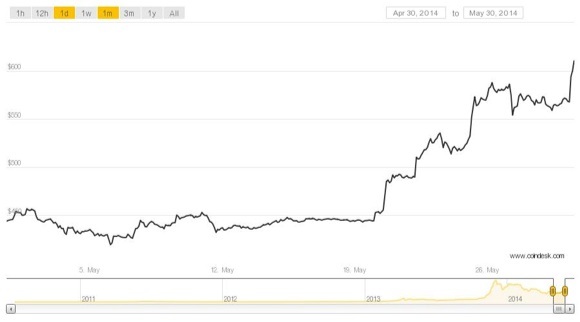There seems to be increasing chatter among net neutrality activists lately on the subject of reclassifying ISPs as Title II services, subject to common carriage regulation. Although the intent in pushing reclassification is to make the Internet more open and free, in reality such a move could backfire badly. Activists don’t seem to have considered the effect of reclassification on international Internet politics, where it would likely give enemies of Internet openness everything they have always wanted.
At the WCIT in 2012, one of the major issues up for debate was whether the revised International Telecommunication Regulations (ITRs) would apply to Operating Agencies (OAs) or to Recognized Operating Agencies (ROAs). OA is a very broad term that covers private network operators, leased line networks, and even ham radio operators. Since “OA” would have included IP service providers, the US and other more liberal countries were very much opposed to the application of the ITRs to OAs. ROAs, on the other hand, are OAs that operate “public correspondence or broadcasting service.” That first term, “public correspondence,” is a term of art that means basically common carriage. The US government was OK with the use of ROA in the treaty because it would have essentially cabined the regulations to international telephone service, leaving the Internet free from UN interference. What actually happened was that there was a failed compromise in which ITU Member States created a new term, Authorized Operating Agency, that was arguably somewhere in the middle—the definition included the word “public” but not “public correspondence”—and the US and other countries refused to sign the treaty out of concern that it was still too broad.
If the US reclassified ISPs as Title II services, that would arguably make them ROAs for purposes at the ITU (arguably because it depends on how you read the definition of ROA and Article 6 of the ITU Constitution). This potentially opens ISPs up to regulation under the ITRs. This might not be so bad if the US were the only country in the world—after all, the US did not sign the 2012 ITRs, and it does not use the ITU’s accounting rate provisions to govern international telecom payments.
But what happens when other countries start copying the US, imposing common carriage requirements, and classifying their ISPs as ROAs? Then the story gets much worse. Countries that are signatories to the 2012 ITRs would have ITU mandates on security and spam imposed on their networks, which is to say that the UN would start essentially regulating content on the Internet. This is what Russia, Saudia Arabia, and China have always wanted. Furthermore (and perhaps more frighteningly), classification as ROAs would allow foreign ISPs to forgo commercial peering arrangements in favor of the ITU’s accounting rate system. This is what a number of African governments have always wanted. Ethiopia, for example, considered a bill (I’m not 100 percent sure it ever passed) that would send its own citizens to jail for 15 years for using VOIP, because this decreases Ethiopian international telecom revenues. Having the option of using the ITU accounting rate system would make it easier to extract revenues from international Internet use.
Whatever you think of, e.g., Comcast and Cogent’s peering dispute, applying ITU regulation to ISPs would be significantly worse in terms of keeping the Internet open. By reclassifying US ISPs as common carriers, we would open the door to exactly that. The US government has never objected to ITU regulation of ROAs, so if we ever create a norm under which ISPs are arguably ROAs, we would be essentially undoing all of the progress that we made at the WCIT in standing up for a distinction between old-school telecom and the Internet. I imagine that some net neutrality advocates will find this unfair—after all, their goal is openness, not ITU control over IP service. But this is the reality of international politics: the US would have a very hard time at the ITU arguing that regulating for neutrality and common carriage is OK, but regulating for security, content, and payment is not.
If the goal is to keep the Internet open, we must look somewhere besides Title II.


 The Technology Liberation Front is the tech policy blog dedicated to keeping politicians' hands off the 'net and everything else related to technology.
The Technology Liberation Front is the tech policy blog dedicated to keeping politicians' hands off the 'net and everything else related to technology.